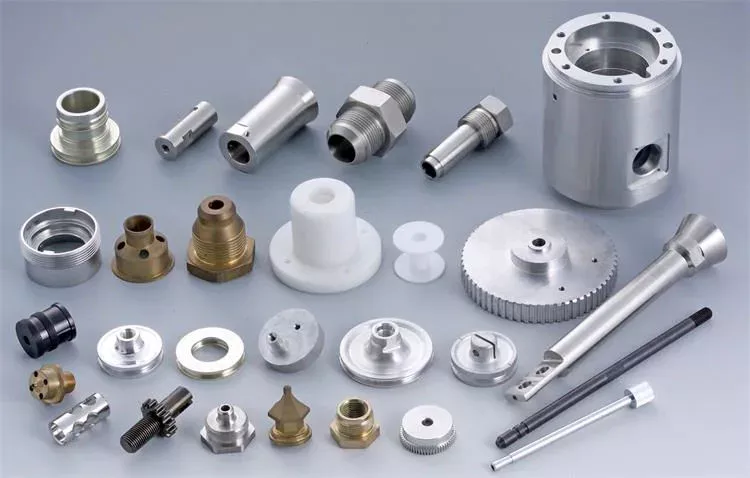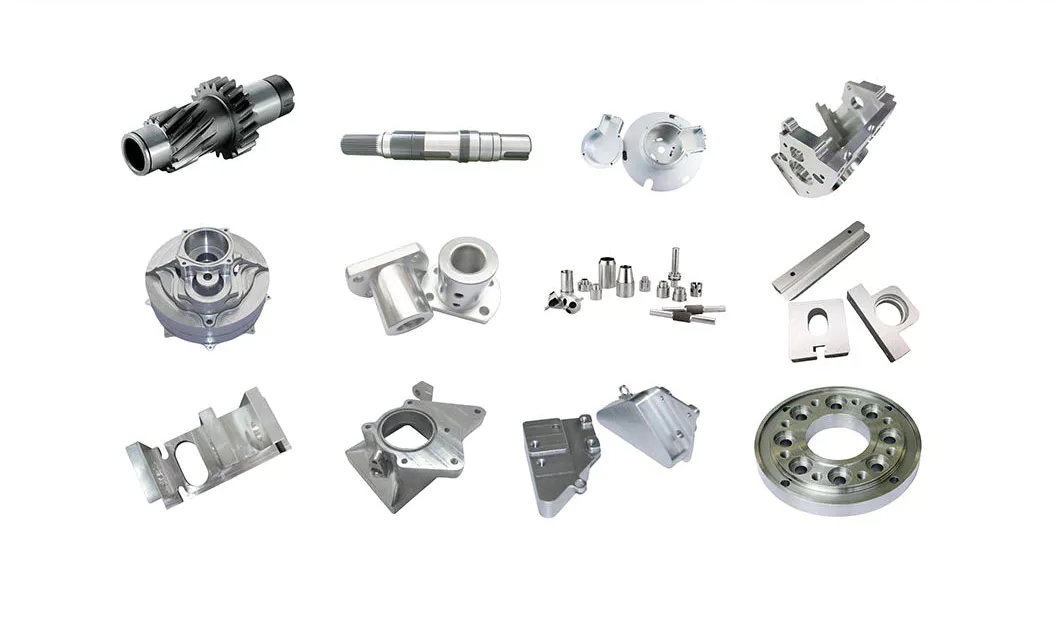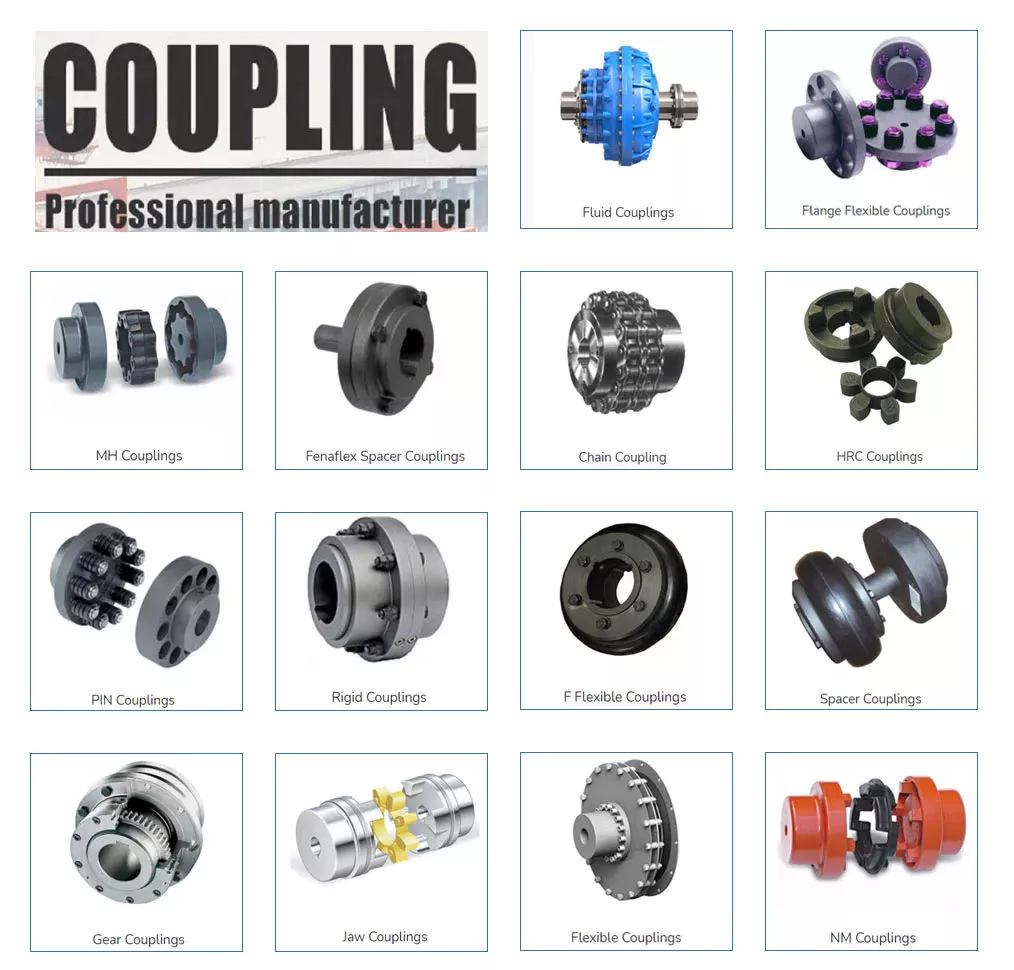Product Description
CZPT CM402 CM602 N610001129AA KXFE0008A00 SCV4EA Original new or used
The following CZPT parts are all available :;
KXF0DXU4A00 TUBE
KXF0DYAJA00 TERMINAL SCREW
KXF0DZ07A00 PHOTO SENSOR
KXF0DZEKA00 AC SERVO MOTOR
KXF0DZEMA00 AC SERVO MOTOR
KXF0DZENA00 AC SERVO MOTOR
KXF0DZJ2A00 MONOCHROME CCD
KXF0E0M3A00 SP18 SQUEEGEE
KXF0E0W8A00 PHOTO SENSOR
KXF0E1LXA00 AC SERVO MOTOR
KXF0E3RRA00 AIR FILTER
KXF0E14SA00 FLAT BELT
KXF0E19NA00 OIL SEAL
KXF0E41TA00 BALL SPLINE
KXF01NWAA00 CYLINDER
KXF003UAA00 SCREW,; STEEL
KXF05PLAA00 GREASE
KXF05YHAA00 Y PACKING
KXF06CWA00 SPINDLE
KXF07B0AA00 PHOTO SENSOR
KXF07B1AA00 PHOTO SENSOR
KXF07JRAA00 PHOTO SENSOR
KXF07QUAA00 PAD
KXF07QVAA00 PAD
KXF08ANAA00 PLAT BELT,; RUBBER
KXF09JMAA00 CYLINDER
KXF09X5AA00 VALVE
KXF016EAA00 CYLINDER
KXFB00L1A02 CLAMP
KXFB00S6A03 CLAMP ARM
KXFB0ADJA00 HOLDER
KXFB01J3A00 XIHU (WEST LAKE) DIS.
KXFB02ETB00 ARM
KXFB02EUB02 ARM
KXFB02EVA01 ARM
KXFB02GHA01 COUPLING
KXFB02M0A00 COLLAR
KXFB02M2A01 HOLDER
KXFB02M4A00 PLATE
KXFB02M4A01 PLATE
KXFB02M4A02 PLATE
KXFB03K9A01 ARM
KXFB03KAA01 TARGET
KXFB571DA01 HOLDER
KXFB571QA01 BLOCK
KXFB571SA00 PIECE
KXFB043XA00 BAORD
KXFB571B03 XIHU (WEST LAKE) DIS.
KXFB 0571 A00 SHAFT
KXFB 0571 A00 BALT
KXFE000DA00 P.;C.;B ASSY
KXFE000HA00 BOARD
KXFE000MA00 P.;C.;B ASSY
KXFE000TA00 P.;C.;B BOARD
KXFE00C7A00 P.;C.;B BOARD
KXFE0001A00 PC BOARD
KXFE001EA00 P.;C.;B ASSY
KXFE001JA00 P.;C.;B ASSY
KXFE001MA00 P.;C.;B ASSY
KXFE001PA00 PC BOARD
KXFE002TA00 P.;C.;B ASSY
KXFE006YA00 PC BOARD
KXFE0008A00 P.;C.;B ASSY
KXFE0009A00 P.;C.;B ASSY
KXFE0062A00 P.;C.;B ASSY
KXFE0072A00 P.;C.;B ASSY
KXFEP6EM4A00 POWER SUPPLY
KXFP5T3AA00 POWER SUPPLY
KXFP5WBAA00 CONTROL UNIT FOR MOTOR
KXFP5Z1AA00 KEY BOARD
KXFP6D0AA00 POWER SUPPLY
KXFP6EA5A00 POWER SUPPLY
KXFP6ELLA00 CABLE 2/CONNECT
KXFP6EM4A00 POWER SUPPLY
KXFP6GB0A00 DRIVER
KXFP6GDHA00 BATTERY
KXFP6GE1A00 CONTROL UNIT
KXFP6GE3A00 POWER
KXFP6GFZA00 MAGGNET CONTACTOR
KXFP64MAA00 CONTROL UNIT
KXFP654AA00 POWER SUPPLY
KXFW1KWWA00 TENSION ROLLER
KXFW1L25A00 BLOCK
KXFW15WBA00 LEVER
KXFX03E3A00 MANIFOLD
KXFX03EJA00 REGULATOR
KXFX03WMA00 VALVE
KXFX03WNA00 VALVE
KXFX038AA00 LUBRICATION SET U16
KXFY001MA00 PC BOARD
KXFY1544A00 PRESSURE SENSOR
KXFYGC00008 STEPPING MOTOR
KXFYGC00014 STEPPING MOTOR
N510032927 AALEP240-24-T POWER SUPPLY
M6RA6GV4L MOTOR
MAC9006B01 CONTROLLER
MADCT1505B05 DRIVER
MFA075LB2NSJ AC SERVO MOTOR
MGQL16-10 CYLINDER
N401M00L-J22 MQQLDV23-125-XM13-A AIR CYLINDER
1571S0053AA MQQLDV32-20-XM4-A AIR CYLINDER
KXFP5WBAA00 MR-J2-20A-N26 CONTROL UNIT FOR MOTOR
MR-J2M-10DU-S012 CONTROL UNIT FOR MOTOR
MR-J2M-BU6 CONTROL UNIT FOR MOTOR
MR-J2M-P8B-ET011 CONTROL UNIT FOR MOTOR
MR-J2S-40B-EE08 CONTROL UNIT FOR MOTOR
MR-J2S-40B-EE085 CONTROL UNIT FOR MOTOR
MR-J2S-60BS041U638 CONTROL UNIT FOR MOTOR
MR-J2S-100B-EE085 CONTROL UNIT FOR MOTOR
MR-J2S-350B-S041U703 CONTROL UNIT FOR MOTOR
MSD571A1Y CONTROL UNIT FOR MOTOR
N1P933L LINE SENSO
MSD571A1Y DRIVER
MSM3AZDJQ MOTOR
MSM5AZAJA AC SERVO MOTOR
MSM011P1A AC SERVO MOTOR
MSM011PJA AC SERVO MOTOR
MSM012AJA AC SERVO MOTOR
MSM571A7A AC SERVO MOTOR
MSM042AJA AC SERVO MOTOR
MSM042AJB AC SERVO MOTOR
MSM042AJB3 AC SERVO MOTOR
MSMD5AZPJA AC SERVO MOTOR
MTMJEAM0000 P.;C.;B ASSY
MTNP000175AA AIR CYLINDER
MTNP000328AA AIR CYLINDER
N401CJ2D1013 AIR CYLINDER
N1F8RC72B BAORD DRIVER
N1F8RC72C BAORD DRIVER
N1F8SC1B ONE BAORD MICRO COMPUTER
N1F82011F ONE BAORD MICRO COMPUTER
N1F86316A ONE BAORD MICRO COMPUTER
N1F2253A ONE BAORD MICRO COMPUTER
N1P6D04 INPUT OUTPUT UNIT
N1P326F40MSGA DRIVER
N1P337EV21E DRIVER
N1P337N01 MOTOR DRIVER
N1P343PW BOARD
N1P611B002 LASER
MY4N-J RELAY
MAGNET HEAD
MV2F HEAD UNIT
KXFA1FYAA00 N210158626AA KXFB5716A00 PAD
Types of Splines
There are 4 types of splines: Involute, Parallel key, helical, and ball. Learn about their characteristics. And, if you’re not sure what they are, you can always request a quotation. These splines are commonly used for building special machinery, repair jobs, and other applications. The CZPT Manufacturing Company manufactures these shafts. It is a specialty manufacturer and we welcome your business.
Involute splines
The involute spline provides a more rigid and durable structure, and is available in a variety of diameters and spline counts. Generally, steel, carbon steel, or titanium are used as raw materials. Other materials, such as carbon fiber, may be suitable. However, titanium can be difficult to produce, so some manufacturers make splines using other constituents.
When splines are used in shafts, they prevent parts from separating during operation. These features make them an ideal choice for securing mechanical assemblies. Splines with inward-curving grooves do not have sharp corners and are therefore less likely to break or separate while they are in operation. These properties help them to withstand high-speed operations, such as braking, accelerating, and reversing.
A male spline is fitted with an externally-oriented face, and a female spline is inserted through the center. The teeth of the male spline typically have chamfered tips to provide clearance with the transition area. The radii and width of the teeth of a male spline are typically larger than those of a female spline. These specifications are specified in ANSI or DIN design manuals.
The effective tooth thickness of a spline depends on the involute profile error and the lead error. Also, the spacing of the spline teeth and keyways can affect the effective tooth thickness. Involute splines in a splined shaft are designed so that at least 25 percent of the spline teeth engage during coupling, which results in a uniform distribution of load and wear on the spline.
Parallel key splines
A parallel splined shaft has a helix of equal-sized grooves around its circumference. These grooves are generally parallel or involute. Splines minimize stress concentrations in stationary joints and allow linear and rotary motion. Splines may be cut or cold-rolled. Cold-rolled splines have more strength than cut spines and are often used in applications that require high strength, accuracy, and a smooth surface.
A parallel key splined shaft features grooves and keys that are parallel to the axis of the shaft. This design is best suited for applications where load bearing is a primary concern and a smooth motion is needed. A parallel key splined shaft can be made from alloy steels, which are iron-based alloys that may also contain chromium, nickel, molybdenum, copper, or other alloying materials.
A splined shaft can be used to transmit torque and provide anti-rotation when operating as a linear guide. These shafts have square profiles that match up with grooves in a mating piece and transmit torque and rotation. They can also be easily changed in length, and are commonly used in aerospace. Its reliability and fatigue life make it an excellent choice for many applications.
The main difference between a parallel key splined shaft and a keyed shaft is that the former offers more flexibility. They lack slots, which reduce torque-transmitting capacity. Splines offer equal load distribution along the gear teeth, which translates into a longer fatigue life for the shaft. In agricultural applications, shaft life is essential. Agricultural equipment, for example, requires the ability to function at high speeds for extended periods of time.
Involute helical splines
Involute splines are a common design for splined shafts. They are the most commonly used type of splined shaft and feature equal spacing among their teeth. The teeth of this design are also shorter than those of the parallel spline shaft, reducing stress concentration. These splines can be used to transmit power to floating or permanently fixed gears, and reduce stress concentrations in the stationary joint. Involute splines are the most common type of splined shaft, and are widely used for a variety of applications in automotive, machine tools, and more.
Involute helical spline shafts are ideal for applications involving axial motion and rotation. They allow for face coupling engagement and disengagement. This design also allows for a larger diameter than a parallel spline shaft. The result is a highly efficient gearbox. Besides being durable, splines can also be used for other applications involving torque and energy transfer.
A new statistical model can be used to determine the number of teeth that engage for a given load. These splines are characterized by a tight fit at the major diameters, thereby transferring concentricity from the shaft to the female spline. A male spline has chamfered tips for clearance with the transition area. ANSI and DIN design manuals specify the different classes of fit.
The design of involute helical splines is similar to that of gears, and their ridges or teeth are matched with the corresponding grooves in a mating piece. It enables torque and rotation to be transferred to a mate piece while maintaining alignment of the 2 components. Different types of splines are used in different applications. Different splines can have different levels of tooth height.
Involute ball splines
When splines are used, they allow the shaft and hub to engage evenly over the shaft’s entire circumference. Because the teeth are evenly spaced, the load that they can transfer is uniform and their position is always the same regardless of shaft length. Whether the shaft is used to transmit torque or to transmit power, splines are a great choice. They provide maximum strength and allow for linear or rotary motion.
There are 3 basic types of splines: helical, crown, and ball. Crown splines feature equally spaced grooves. Crown splines feature involute sides and parallel sides. Helical splines use involute teeth and are often used in small diameter shafts. Ball splines contain a ball bearing inside the splined shaft to facilitate rotary motion and minimize stress concentration in stationary joints.
The 2 types of splines are classified under the ANSI classes of fit. Fillet root splines have teeth that mesh along the longitudinal axis of rotation. Flat root splines have similar teeth, but are intended to optimize strength for short-term use. Both types of splines are important for ensuring the shaft aligns properly and is not misaligned.
The friction coefficient of the hub is a complex process. When the hub is off-center, the center moves in predictable but irregular motion. Moreover, when the shaft is centered, the center may oscillate between being centered and being off-center. To compensate for this, the torque must be adequate to keep the shaft in its axis during all rotation angles. While straight-sided splines provide similar centering, they have lower misalignment load factors.
Keyed shafts
Essentially, splined shafts have teeth or ridges that fit together to transfer torque. Because splines are not as tall as involute gears, they offer uniform torque transfer. Additionally, they provide the opportunity for torque and rotational changes and improve wear resistance. In addition to their durability, splined shafts are popular in the aerospace industry and provide increased reliability and fatigue life.
Keyed shafts are available in different materials, lengths, and diameters. When used in high-power drive applications, they offer higher torque and rotational speeds. The higher torque they produce helps them deliver power to the gearbox. However, they are not as durable as splined shafts, which is why the latter is usually preferred in these applications. And while they’re more expensive, they’re equally effective when it comes to torque delivery.
Parallel keyed shafts have separate profiles and ridges and are used in applications requiring accuracy and precision. Keyed shafts with rolled splines are 35% stronger than cut splines and are used where precision is essential. These splines also have a smooth finish, which can make them a good choice for precision applications. They also work well with gears and other mechanical systems that require accurate torque transfer.
Carbon steel is another material used for splined shafts. Carbon steel is known for its malleability, and its shallow carbon content helps create reliable motion. However, if you’re looking for something more durable, consider ferrous steel. This type contains metals such as nickel, chromium, and molybdenum. And it’s important to remember that carbon steel is not the only material to consider.

